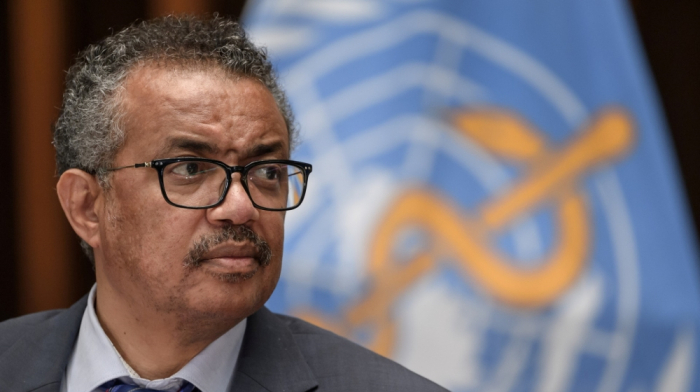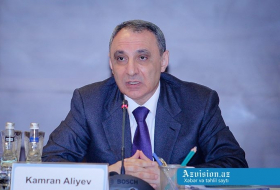The head of the World Health Organization has ruled out a herd immunity response to the pandemic.
Herd immunity occurs when a large portion of a community becomes immune to disease through vaccinations or through the mass spread of disease.
Some have argued that coronavirus should be allowed to spread naturally in the absence of a vaccine.
But WHO chief Tedros Ghebreyesus said such an approach was "scientifically and ethically problematic".
There have been more than 37 million confirmed cases of coronavirus across the globe since the pandemic began. More than one million people are known to have died.
While hundreds of vaccines are currently under development, with a number in advanced trials, none has yet received international approval.
Speaking at a news conference on Monday, Dr Tedros argued that the long-term impacts of coronavirus - as well as the strength and duration of any immune response - remained unknown.
"Herd immunity is achieved by protecting people from a virus, not by exposing them to it," he said.
"Never in the history of public health has herd immunity been used as a strategy for responding to an outbreak, let alone a pandemic."
The WHO head added that seroprevalence tests - where the blood is tested for antibodies - suggested that just 10% of people had been exposed to coronavirus in most countries.
"Letting Covid-19 circulate unchecked therefore means allowing unnecessary infections, suffering and death," he said.
BBC
More about: Coronavirus
















































